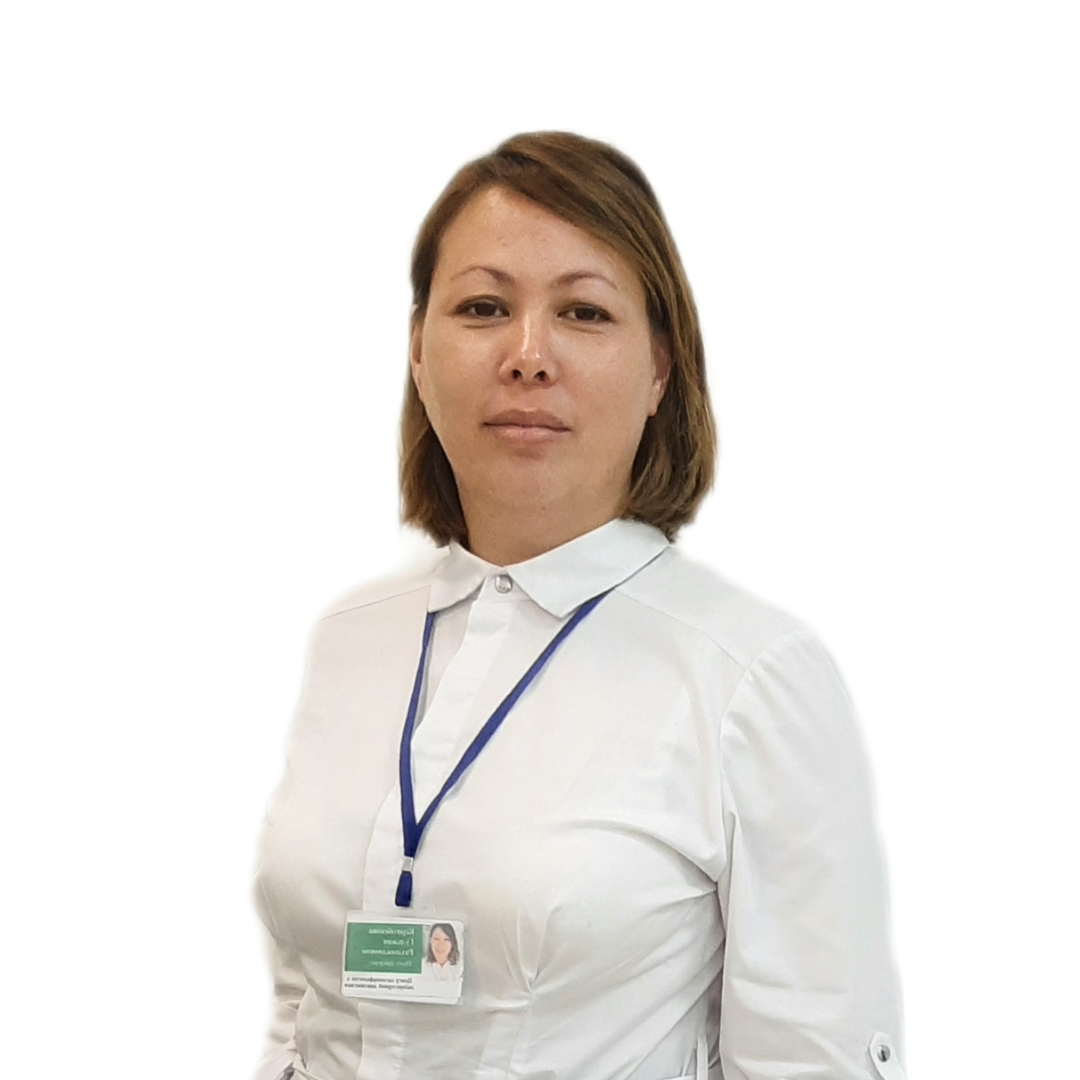
Head of the department - Kerimbekova Gulzhan Rakhimzhanovna, doctor of the highest qualification category, work experience of 15 years.
Goals and objectives of the department:
Purpose: implementation of specialized high-tech consulting and diagnostic activities using laboratory diagnostic methods.
Tasks:
- carrying out round-the-clock emergency and scheduled diagnostics of the main parameters: general clinical, hematological, cytological, biochemical and immunological studies using the most effective, timely methods and technologies of laboratory diagnostics;
- introduction of new and improvement of existing methods of laboratory diagnostics, improvement of the quality and competitiveness of services provided, their compliance with state and international standards.
List of laboratory services
B02.111.002 - General blood test (UAC) on an analyzer with differentiation of 3 classes of cells
B02.531.001- Calculation of myelogram and characteristics of bone marrow hematopoiesis by manual method
B02.532.001 - Counting of reticulocytes in the blood by manual method
B02.534.001 - Counting of platelets in the blood by manual method
B02.528.001 - Calculation of the leukoformula in the blood by manual method
B02.061.001 - Measurement of erythrocyte sedimentation rate (ESR) in the blood by manual method
B01.077.002 - The study of the general analysis of urine on the analyzer (physico-chemical properties with the calculation of the number of cellular elements of the urinary sediment)
B01.077.001 - Urine examination is general clinical (general urine analysis) by manual method
B01.300.002 - Determination of protein in urine (quantitatively) on the analyzer
B01.479.002 - Determination of daily proteinuria in urine on an analyzer
B01.089.001 -The study of transudates and exudates is a general clinical manual method
B01.080.001 - The study of the urogenital smear is general clinical. by manual method
B01.091.001 - Research of biological material for demodecosis by manual method
B01.458.001 - Determination of the degree of purity of a gynecological smear by manual method
B01.005.001 - Urine analysis according to Nechiporenko by manual method
B01.004.001 - Urine analysis by Zimnitsky manual method
B01.087.001 - Examination of cerebrospinal fluid by general clinical manual method
B06.681.012 - Formulation of microprecipitation reaction with cardiolipin antigen in blood serum by manual method
Acid-base balance of blood (KSHS)
B03.348.002 - Determination of potassium (K) in blood serum on the analyzer
B03.347.002 - Determination of potassium (K) in urine on an analyzer
B03.352.002 - Determination of calcium (Ca) in urine on an analyzer
B03.353.002 - Determination of calcium (Ca) in blood serum on the analyzer
B03.388.002 - Determination of sodium (Na) in urine on the analyzer
B03.389.002 - Determination of sodium (Na) in blood serum on the analyzer
Biochemical blood analysis:
B03.115.002 - Determination of "C" reactive protein (CRP) in blood serum quantitatively
B03.397.002 - Determination of total protein in blood serum on the analyzer
B03.386.002 - Determination of urea in blood serum on the analyzer
B03.387.002 - Determination of uric acid in blood serum on the analyzer
B03.363.002 - Determination of creatinine in blood serum on the analyzer
B03.362.002 - Determination of creatinine in urine on the analyzer
B03.335.002 - Determination of glucose in blood serum on the analyzer
B03.398.002 - Determination of total bilirubin in blood serum on the analyzer
B03.435.002 - Determination of direct bilirubin in blood serum on an analyzer
B03.155.002- Determination of alanine aminotransferase (ALaT) in blood serum on an analyzer
B03.293.002 - Determination of aspartate aminotransferase (ASaT) in blood serum on an analyzer
B03.160.002 - Determination of pancreatic amylase in blood serum on an analyzer
B03.316.002 - Determination of gammaglutamyltranspeptidase (GGTP) in blood serum on an analyzer
B03.526.002 - Determination of alkaline phosphatase in blood serum on the analyzer
B03.156.002 - Determination of albumin in blood serum on the analyzer
B03.340.002 - Determination of iron (Fe) in blood serum on the analyzer
B03.367.002 - Determination of lactate dehydrogenase (LDH) in blood serum on an analyzer
B03.401.002 - Determination of total cholesterol in blood serum on the analyzer
B03.486.002 - Determination of triglycerides in blood serum on the analyzer
B03.488.002 - Determination of troponin in blood serum on the analyzer
B03.538.002 - Rehberg test on the analyzer
Hemostasis
B04.379.002 - Determination of the prothrombin time (PV) followed by calculation of the prothrombin index (PTI) and the international normalized ratio (INR) in the plasma
B04.149.002 - Determination of activated partial thromboplastin time (APTT) in blood plasma on the analyzer
B04.501.002 - Determination of fibrinogen in blood plasma on the analyzer
B04.313.001 - Determination of blood clotting time by manual method
B04.311.001 -Determination of bleeding time by manual method
Doctors and laboratory specialists
|
№ |
Full name |
Position |
Work experience |
|
1 |
Yelemesova Nazym Muratovna |
Laboratory Doctor |
30 years |
|
2 |
Kozlova Maria Vladimirovna |
Laboratory Doctor |
22 years |
|
3 |
Kozhakhmetova Asia Shakenovna |
Laboratory Doctor |
36 years |
|
4 |
Syzdykova Dinara Bekakhmetova |
Laboratory Doctor |
15 years |
|
5 |
Abdullina Sayagul Nartayevna |
Laboratory Doctor |
9 years |
|
6 |
Suyunova Ayagoz Bakytzhanovna |
Laboratory Specialist |
15 years |
|
7 |
Kashkenova Bibinur |
Laboratory Specialist |
9 years |
|
8 |
Берликенова Алмагуль Ешмухамбетовна |
Senior Laboratory Assistant |
30 years |
|
9 |
Hulala Ira |
Laboratory assistant |
20 years |
|
10 |
Kydyrova Aisha Rakhmanovna |
Laboratory assistant |
30 years |
|
11 |
Ryspaeva Kymbat Urumbaevna |
Laboratory assistant |
26 years |
|
12 |
Zhusupova Zubaira Zholdasovna |
Laboratory assistant |
35 years |
|
13 |
Aynamkul Fariza |
Laboratory assistant |
1 year |
Working hours: 24/7
Consultation on laboratory services: +7 (7172) 701-640
Call center: +7(7172) 702-911

Head of the Vascular Surgery Center - Sagandykov Irlan Nigmetzhanovich, angiosurgeon of the highest category, Candidate of Medical Sciences, Honorary Professor of the National Scientific Oncology Center
The Vascular Surgery Center is a medical and diagnostic unit, which annually performs more than 800 operations on various vascular basins.
Medical staff:
Functions of the Vascular Surgery Center:
Main types of services:
The Vascular surgery center provides diagnostics, prevention and treatment of vascular diseases:
Contacts for communication: 8(7172)702-900
Call center: 8(7172)702-911.
Creation and implementation of innovative methods for the treatment of oncological diseases
Relevance
One of the strategic directions of ensuring sustainable socio-economic development of the Republic of Kazakhstan is the preservation of health and labor capacity of the nation. In 2019, the economic losses due to premature death of the able-bodied population of Kazakhstan amounted to 5,483.6 billion tenge, with cancer occupying the third place among the causes of premature mortality, amounting to 572.8 billion tenge. Tracheal, bronchial and lung cancer leads among them with 2,120 cases, while stomach cancer and breast cancer are in second and third place, respectively, with 1,560 and 1,060 cases out of 3,1505 initially detected. In 2022, 13,501 people died in Kazakhstan, which is 68.76 per 100,000 population.
Gastric cancer is one of the most common oncologic pathologies, and peritoneal dissemination is one of the most unfavorable variants of progression and recurrence of this cancer. The standard of treatment for locally advanced gastric cancer is currently complex therapy, including systemic chemotherapy and surgery. However, this technique does not solve the problem of peritoneal carcinomatosis development. Therefore, it is planned to develop a domestic science-based technique and nozzle for an effective mode of intra-abdominal aerosol chemotherapy of complex treatment of gastric cancer.
Effective treatment of pleural tumors, such as malignant pleural mesothelioma and locally advanced lung cancer, is a challenging task. To date, there is no established standard treatment regimen for these diseases worldwide. Multimodal approaches such as hyperthermic intrapleural chemotherapy (HITOC) have been shown to prolong the overall survival of patients. Therefore, it is planned to introduce innovative technologies such as HITOC and develop a clinical protocol for application in domestic medicine based on our medical center.
Breast cancer is also a serious medical problem, and breast removal is considered the primary treatment. However, a traumatic operation can lead to the development of lymphostasis of the upper limb. Therefore, there is a need to develop and implement methods of breast reconstruction using domestic biomaterials and methods aimed at preventing lymphostasis.
The program also involves clinical testing of a highly effective immunomodulator of a new generation based on a combination of monosaccharides for use as a dietary supplement in the treatment, prevention and palliative therapy of oncological diseases of various localization. The drug is based on a mixture of three isomers of monosaccharides (manose, glucose, and fructose) in a strictly defined quantitative ratio in combination with sodium citrate. The composition of the combination of monosaccharides based on a mixture of hexose isomers and the method of synthesis, as well as the mode of its activation by electromagnetic radiation is the subject of KNOW HOW.
Immunomodulatory properties of a combination of monosaccharides (CM) were proved in experiments on mice with inoculated aggressive breast cancer tumor. It is established that the preparation of CM has antitumor activity leading to suppression of tumor growth, development of metastases and increase in life expectancy of animals with solid tumors. It has been shown that the use of CM in experiments on mice with grafted aggressive tumor promotes an increase in the functional activity of immunocompetent cells such as macrophages, T-cells and natural killer cells (NKC).
The pronounced immunomodulatory properties of CM-1 were confirmed when CM-1 was used as a dietary supplement as an additional therapy in combination with traditional cytostatics on doomed patients with advanced forms of cancer (lung cancer, pancreatic cancer, melonoma, etc.). On several dozens of patients were obtained positive effects characteristic of effective immunotherapy based on the use of expensive immunomodulator, expressed in reduced toxicity, improved quality and duration of life.
It is expected that this development will have a significant impact on the level of treatment of oncologic diseases in the country, as well as contribute to the strengthening of the national economy through the development of domestic production of medical drugs.
Aim: Creation and implementation of innovative methods of oncologic diseases treatment.
Program Objectives:
Expected Program Outcomes.
Direct Results:
The program will result in the following outcomes:
Result: The results of the program will be implemented in the clinical practice of oncology service and surgical departments. The results obtained by us will be used by a wide range of specialists, namely physicians, oncologists, radiologists, surgeons, molecular biologists, geneticists and others.
The results of the program will result in the publication of:
1) Up to 11 articles and (or) reviews in peer-reviewed scientific publications in the scientific direction of the program, included in the 1st, 2nd quartile on impact factor in the Web of Science database and (or) having a percentile on CiteScore in the Scopus database not less than 50.
2) Up to 12 (twelve) articles in journals recommended by the Science and Higher Education Quality Assurance Committee of the Ministry of Science and Higher Education of the Republic of Kazakhstan.
3) Up to 1 (one) monograph or training manual in foreign and (or) Kazakhstani publishing houses recommended by the Scientific Council and (or) Scientific and Technical Council of the applicant's organization;
4) at least 4 patents in foreign patent offices (European, American, Japanese) or up to 4 foreign or international patents included in the Derwent Innovations Index database (Web of Science, Clarivate Analytics) or at least 7 intellectual property objects (patent; for applications in the field of information technologies - copyright certificate) registered in the National Institute of Intellectual Property of the Republic of Kazakhstan.
Program Manager Adylkhanov T.A.

День семьи был учрежден в Казахстане в 2013 году и с того момента отмечается каждое второе воскресенье сентября. В 2021 году эта дата приходится на 12 сентября.
Employees of the LLP "National Research Oncology Center" participate in the development of clinical protocols. 6 clinical protocols were prioritized in the Republican state enterprise on the right of economic management "National Scientific Center for Health Development named after Salidat Kairbekova". (Order of MH RK № 404 from 09.07.2021
Clinical protocol for diagnosis and treatment of esophageal diverticulum in adults
Conducting telemedicine consultations in our center has been practice since the introduction of this technology in the health care system of Kazakhstan. Obtaining high-quality qualified medical care using remote information technologies is especially relevant and indispensable for cancer patients from remote regions and those who have difficulties with movement. Reducing the distance and time allows you to quickly consider complex clinical cases, and in oncology, simple diagnoses, as a rule, do not exist.
At present, taking into account the imposed restrictive measures related to the epidemiological situation in the country and in the world, the demand for telemedicine has only increased.
In order to receive a consultation through telemedicine, you need to take the following steps:
Telemedicine consultations are provided free of charge. It should be noted that the patient must necessarily be attached to the PMSM organization, since it is not possible to independently receive a remote consultation without the accompaniment of the attending physician.
During the consultation itself, specialized specialists or a multidisciplinary group (depending on the complexity of the diagnosis) will decide the question of further treatment tactics and, if necessary, hospitalization in the NNOC hospital.
Early diagnosis of stomach cancer
Periodic examination of the stomach is recommended to detect latent and early forms of gastric cancer.
Risk factors for stomach cancer:
If there is at least one risk factor, the recommendation for examination is more urgent. However, this does not mean an obligatory negative outlook for the development of a tumor disease.
Diagnosis of precancerous and neoplastic conditions of the stomach includes:
Modern medicine has sufficient capabilities for the treatment of malignant stomach pathologies.
Anxiety symptoms for which it is advisable to think about the need for examination:
At the National Scientific Oncological Center, it is possible to examine the gastrointestinal tract as part of the Check-up "Gastroenterological" package.
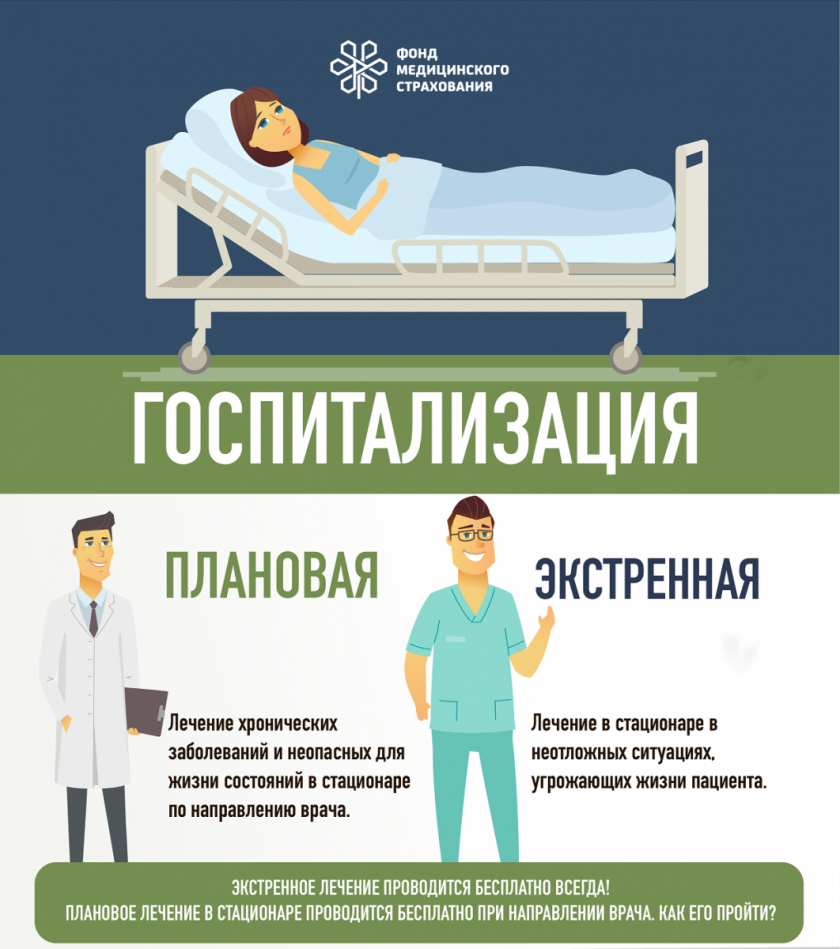
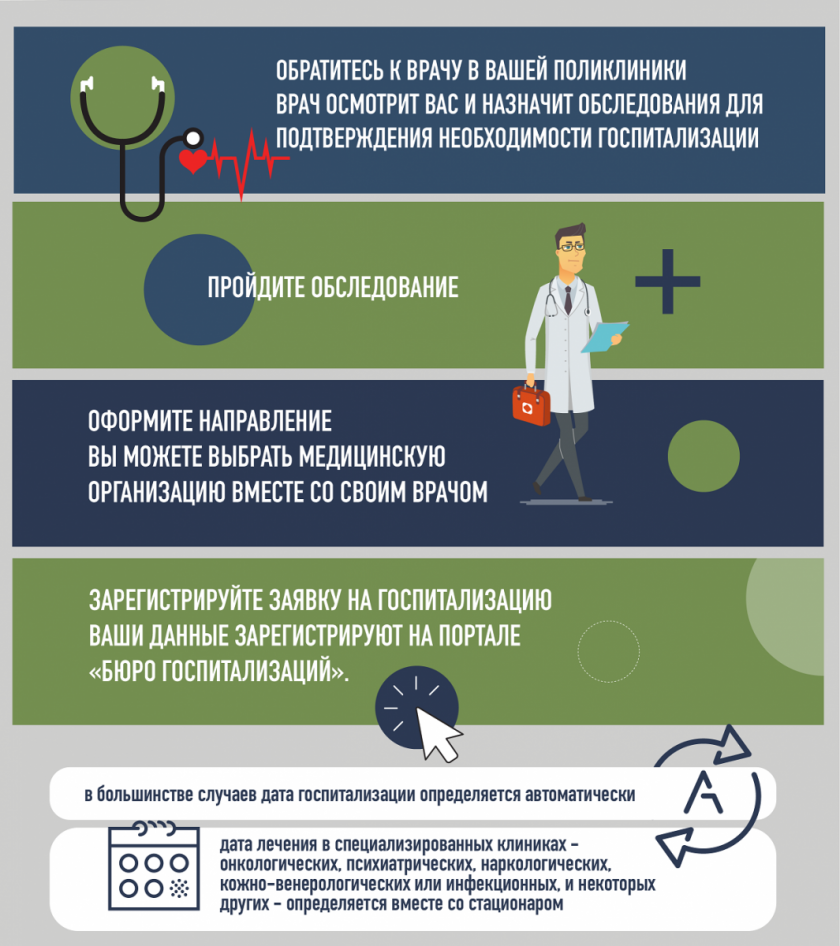
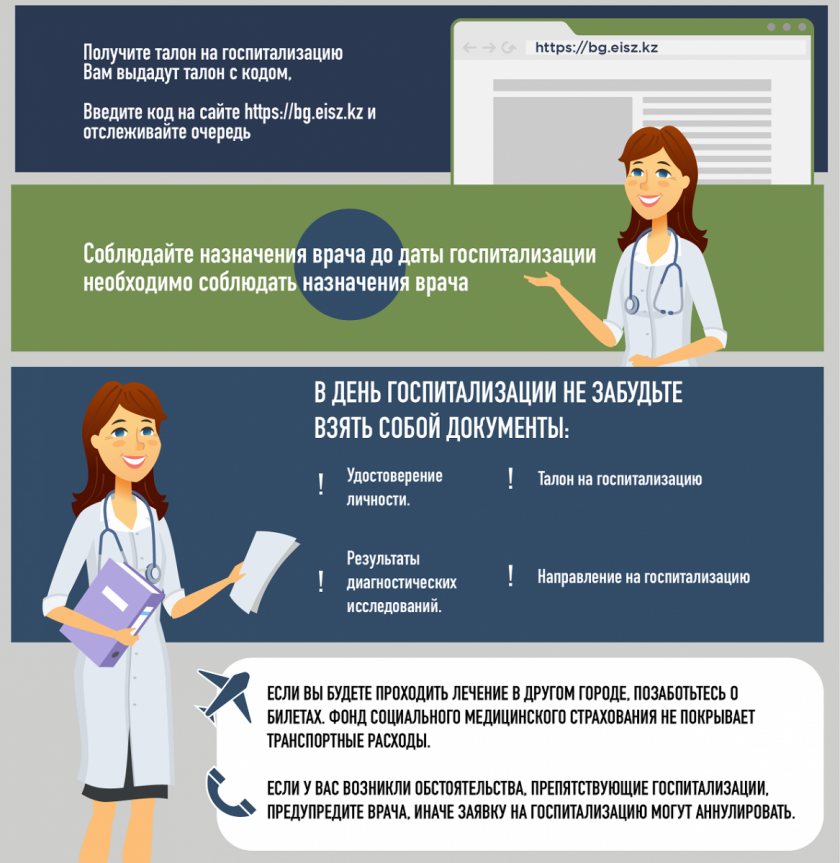
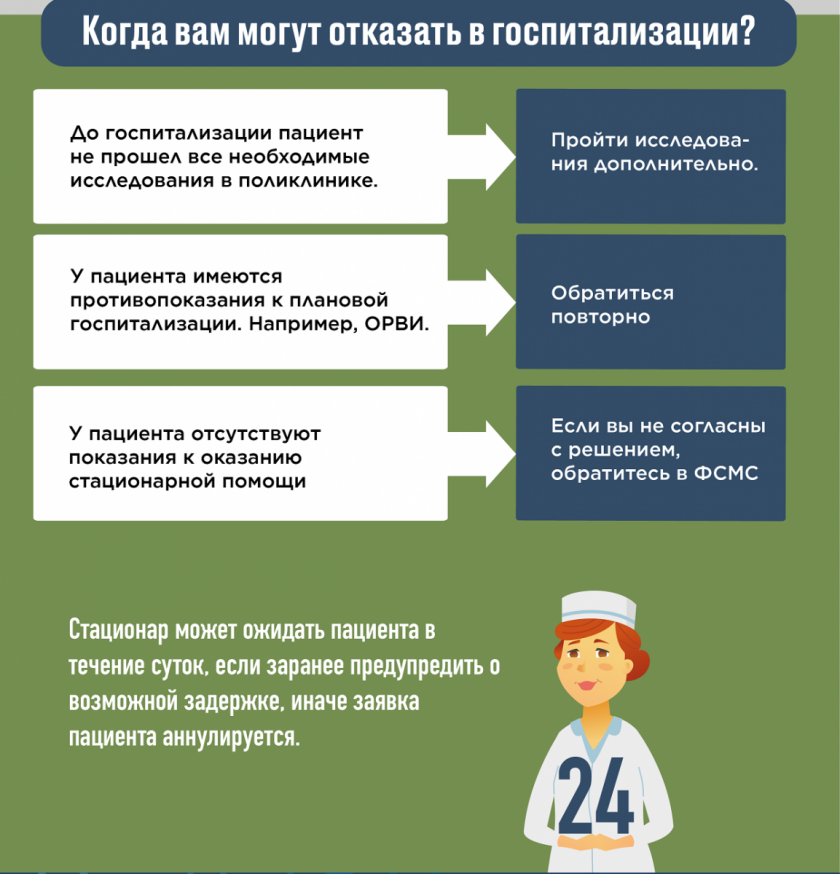
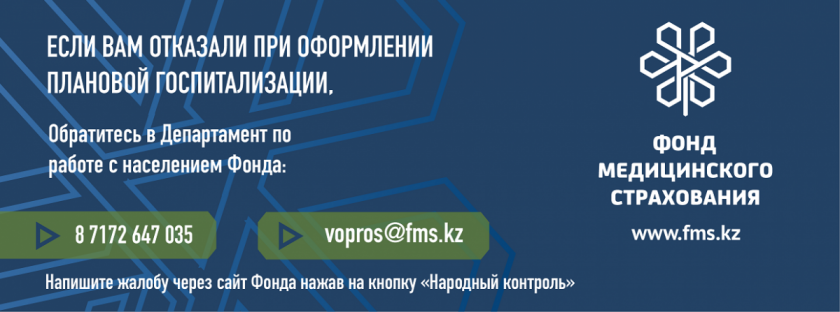
Screening for prostate cancer
Doctors at the National Research Oncology Center strongly recommend to get screened for prostate cancer on time, regardless of symptoms.
The following guidelines for screening for prostate cancer apply to most men.
Risk factors for prostate cancer:
Initial examinations for men, which are recommended to undergo from 45 years of age at least once a year on a regular basis:
Examinations for high-risk men:
! If at least one of the above factors is relevant to you, it does not mean that you will definitely get cancer. However, you may need to start the test at an earlier age or get it done more often, as men at higher risk are more likely to develop prostate cancer.
Basic (mandatory) diagnostic examinations:
If necessary, the doctor can send for additional examinations.
!!! Often, patients expect symptoms, but they do not occur with prostate cancer. Symptoms such as frequent urination and blood in the urine do not always indicate oncopathology, they also occur with prostate adenoma and chronic prostatitis. Prostate cancer is detected only on the basis of laboratory diagnostic tests.
Based on the NROC, you can get a complete examination as part of the Check-up package "Men's health".
At the NROC, you can undergo high-quality diagnostics, get a "second opinion" about the type of tumor cells in the diagnosis, and, if necessary, immediately begin and receive qualified treatment.
|
Citizens of Kazakhstan have the right to freely choose their doctor and medical organization in accordance with subparagraph 3, paragraph 1, Article 77 of the Code of the Republic of Kazakhstan "On health and the health care system". In addition, the patient has the right to freely choose the organization of health care during planned hospitalization, which is enshrined in the order of the Minister of Health and Social Development of the Republic of Kazakhstan dated September 29, 2015 No. 761 "On approval of the Rules for the provision of inpatient care."
|